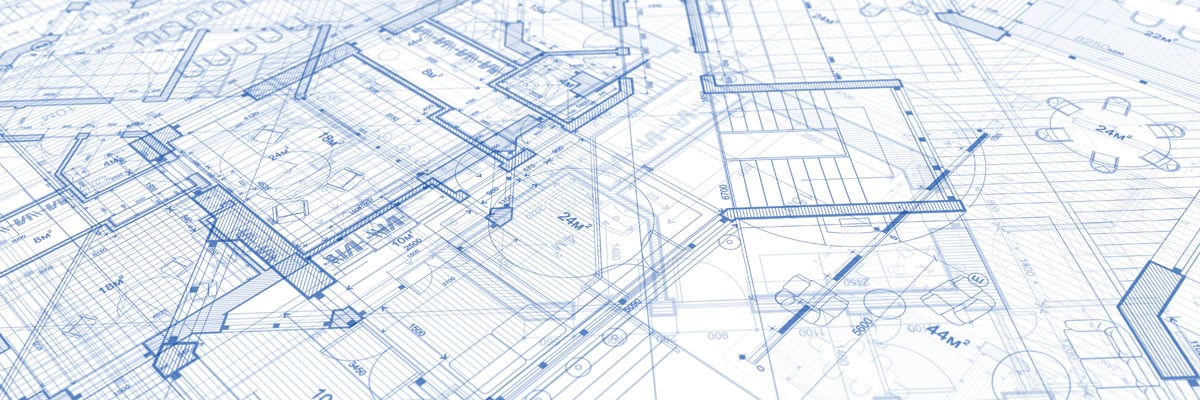Qatar is quite a small country, but because of its wealth and strategic importance, not to mention a World Cup coming up, it has a much more global outlook than would normally be the case for such a small country, and such a small market.
I work as the chief legal officer of Qatari Diar, which is the property development arm of the State of Qatar sovereign wealth fund. We are wholly owned by the Qatar Investment Authority, which is the main sovereign wealth fund – and we engage in real estate property development and some investment, both here in Qatar – which is a big part of our operations – but also around the world.
Now we, as part of the state sovereign wealth fund, are quite a large player in the market here. We’re an integral part of the preparations for the 2022 World Cup, because we are building the Lusail City project. This is an enormous new city we are building just north of Doha (the existing capital), which will become the new administrative capital. It is also the home of the main stadium – the lead flagship stadium for the World Cup – which is where both the ceremonies and the final game will be played. We’re building a lot of the infrastructure that will be used as part of the 2022 World Cup, too.
We’re currently investing – and have already invested a huge amount of money – in Lusail, and we are really ramping things up to get it finished, but it is very much a work in progress. There are key parts of the Lusail City project that have been identified as priorities, that need to be finished and operating by the time the World Cup commences. So are a lot of things that go on with that. In terms of challenges, it really is to mobilise and get the necessary plans done, get the contractors mobilised and ensure that everything is finished in time.
The World Cup was awarded to Qatar back in 2010. Since then it has contributed in a major way to the process, which was already going on. Qatar is a very small country and began to develop quite late – even later than some of its neighbours here in the region.
The country only become wealthy in the last 20 years. That has resulted in very quick changes – not just in the business environment, but to the economy as well as the look and feel of the city. The options that are available to people, the size and composition of the population, have all changed, so it’s been a massive shift – not just to the business environment, but in all aspects of Qatar.
What you have is a country where the leadership is trying very hard to make up for lost ground and develop quickly into a modern country that can eventually sustain itself without relying so heavily on petrol dollars for its income. That means massive investment in infrastructure, education and housing. It means building a modern city with a modern outlook, and everything to take the country past and beyond the years after the World Cup.
The pace will continue to pick up until 2022. We are targeting for everything we are building to be ready in the middle of summer in three years’ time. Inevitably there will be delays, but the pace will continue to pick up until then. n
